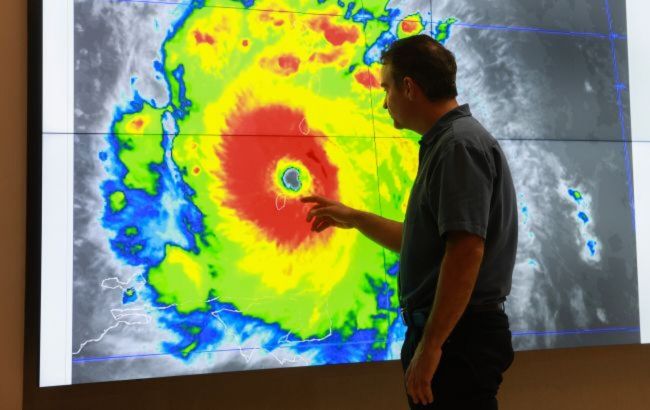UN says tackling global climate challenges to be harder without US
 Illustrative photo: hurricane map (Getty Images)
Illustrative photo: hurricane map (Getty Images)
The absence of the United States from the international climate conference in Brazil will affect global efforts to address climate challenges, according to UN Deputy Spokesperson Farhan Haq during a briefing in New York, as quoted by the UN press service.
Farhan Haq said it was evident that the level of participation, whether countries are represented at a high level or not, matters.
According to him, 194 countries plus the European Union have registered to take part in COP30.
"So all countries, except for a few, are participating. But ultimately, whether governments attend at the official level or not, this crisis affects everyone in the world," he emphasized.
Haq also noted that this year’s conference includes participation from businesses and representatives of various communities.
"We believe that participation will still be broad, regardless of the decisions taken by a small number of governments," he added.
As previously reported, during his first term in the White House, US President Donald Trump called climate change a "hoax," withdrew the United States from the Paris Climate Agreement, and deprioritized climate action across the federal government.
After being re-elected for a second term, Trump said he intended to review US climate policy, declaring, "I want to close the border, and I want to drill, drill, drill," describing his plans for his first day.
Decisions of 2024 Climate Summit
Last year’s COP29 climate summit took place in Baku. During the summit, participating countries reached an agreement under which wealthy nations would provide financial aid to poorer countries to combat climate change, though the amount was deemed insufficient.
The final document stated that rich countries had agreed to contribute at least $300 billion annually until 2035 to help poorer nations tackle the effects of climate change.
At the same time, the European Union, already the largest donor bloc, expects to bear a greater share of the burden as US participation continues to decline.

